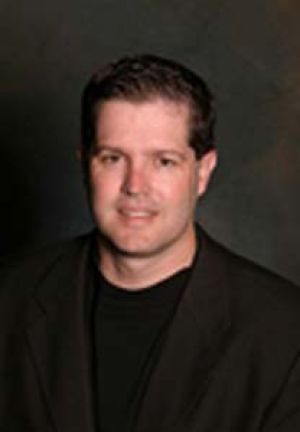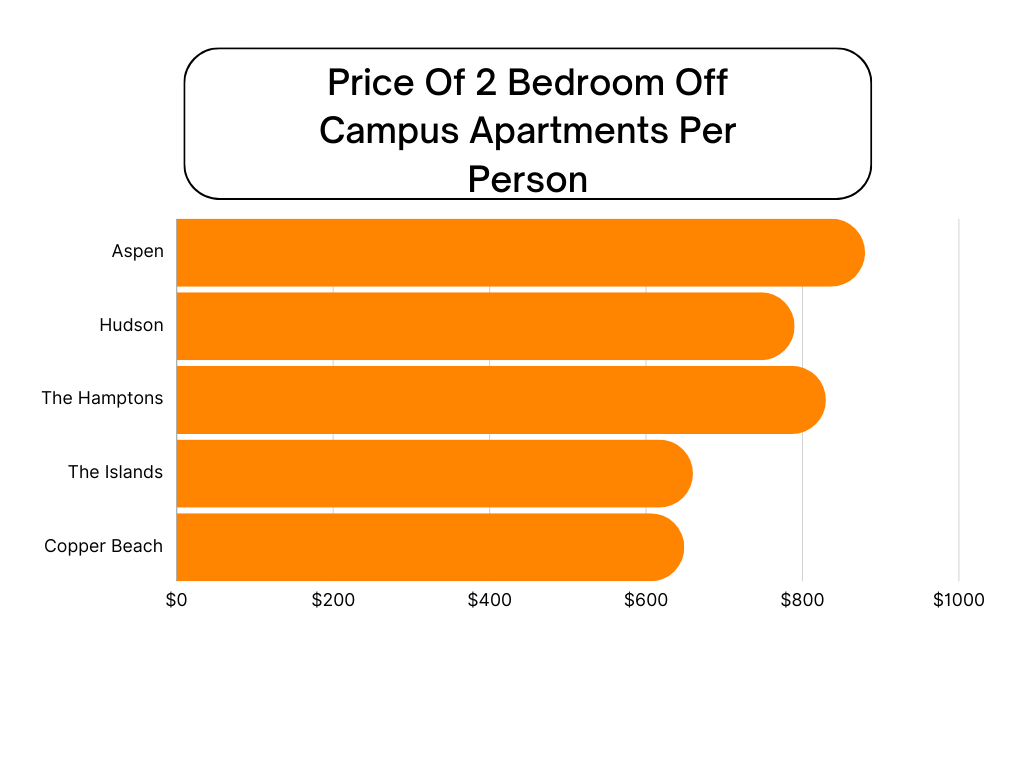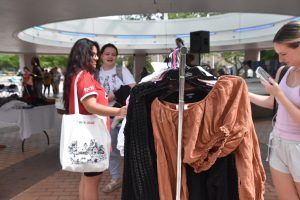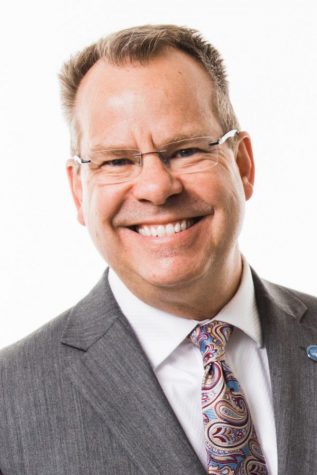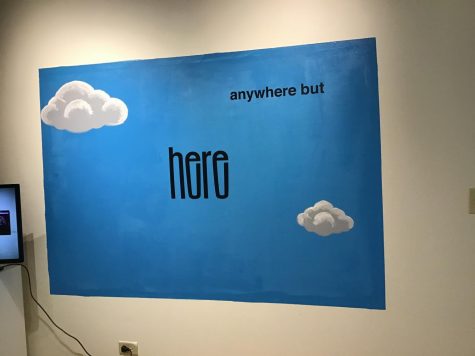Public history fair to appear at museum
November 14, 2013
History students plan to enlighten their peers and the local community in regards to public history and its importance to education, development and the future.
The History Department will be hosting a Public History Fair today at the Georgia Southern University Museum from 5 to 7 p.m.
The Public History Fair is an event that students in the Introduction to Public History course will assemble as a way to enlighten people about public history.
“Public history is important, because not everyone is going to become an academic historian but the general public needs a good, strong understanding of their local and national history to make informed decisions as citizens in this country,” Brent Tharp, Ph.D., GSU Museum director, said.
The event has been successful in the past and there has been a good turnout. The public history students are required to host other events on campus as well to practice for their career paths as public historians.
“This is the second time we have done the event and the first time was a real success. I’m really anxious to see the work that the students are doing this semester and what interesting research and projects they’ve put together,” Tharp said. “It’s a lot of fun to see what they have come up with. You will see a real wide variety of the kinds of public history work that can go on out there.”
There will be 24 student exhibits being presented by undergraduate students from the introduction to public history course. They will be presenting tri-fold boards highlighting one of the major books in the field of public history and presenting information about some of the general sub-fields of public history, Dr. Michael Van-Wagenen, assistant history professor, said.
This is a free event for students and the local community and the students in the introduction to public history course are required to participate by way of preparing projects and exhibits.
“These are folks who are studying and working towards careers in public history and many of them will end up working in museums and institutions, like the Georgia Southern Museum, that really help to interpret an area’s history for not only classes, but for school groups and for the general public as they come in, so it seems like the museum would be an appropriate place to host the event,” Tharp said.
As public historians in training, students have to educate people about history outside of what is learned in a classroom. It is important for students to get this practice for the real world, as they will embark on career paths as museum coordinators, documentary filmmakers, or oral historians.
Van-Wagenen said, “I think what people could benefit from attending something like this is it’s a way to learn about history that’s outside of the classroom. In fact if you look at how most students learn history these days they learn it through public history, they learn it through going to museums, from watching documentaries, from going to a historic website and so people or many younger people are acclimated to learning history through methods outside of the classroom, and so this is just another way in which they can understand about how this learning process outside of the classroom takes place.”

